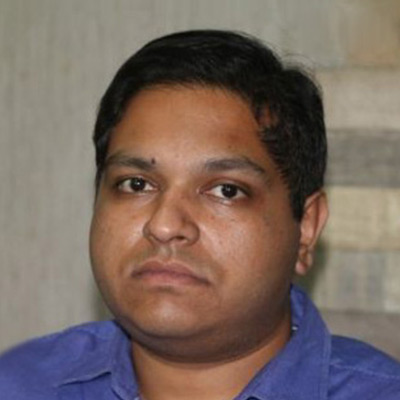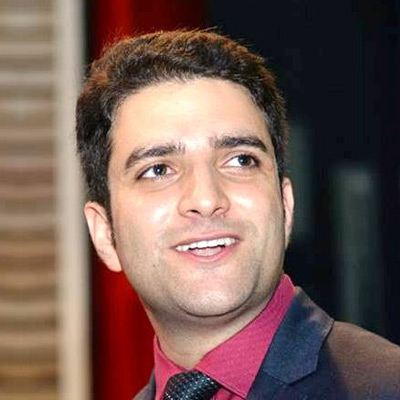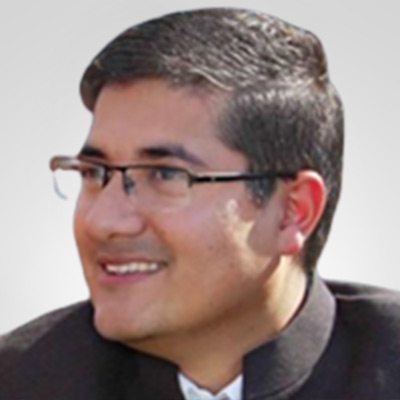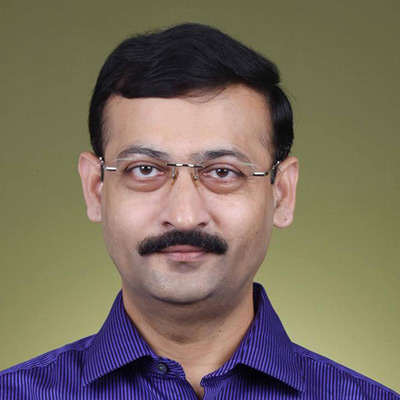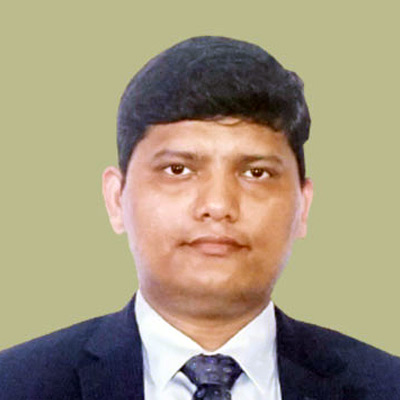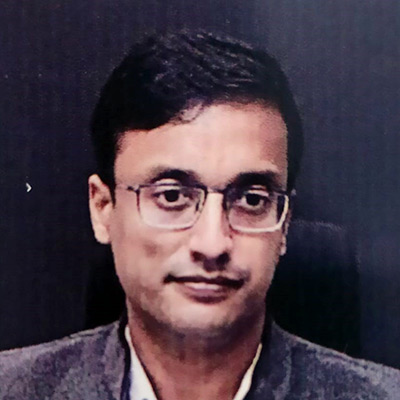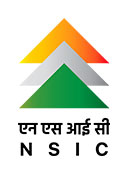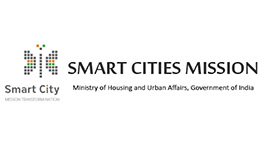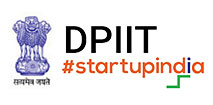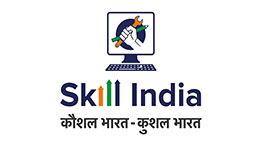The pandemic resulted in widespread turbulence across the world. As part of an emergency response to the pandemic, Indian government leveraged its Smart Cities Mission (SCM) to enable cities to effectively leverage technology in improving citizen services and overall quality of life. Being future-ready is the aim of India’s SCM. Indian cities witnessed a mammoth challenge in containing the virus while ensuring safety and security of its citizens. With the onset of the COVID-19 pandemic, the existing smart city models proved their agility and ability to handle the challenge in executing various projects where use of technologies in cities, waste and sludge treatment, energy saving, low carbon transport systems, command control systems etc. proved to be helpful.
Even in the face of a public health crisis, social unrest, massive budget shortfalls, and mounting climate disasters, the city leaders are innovating and taking bold steps to tackle their cities’ most pressing challenges. The City Leaders have employed new ideas and tools, in a very short time, leaving no scope for trials and errors. While responding to an unknown crisis of this scale, cities have strived to maintain the delicate balance between life and economic well-being as both ultimately meant the same thing precious human lives had to be saved at all costs, and the quality of life of its citizens has to be improved.
The task of City Leaders to steer and shape their city’s destiny has never been so crucial and ‘City Leaders Conclave’ is designed to hear directly from our City Leaders about their experiences, challenges, way forward. How different Smart Cities Mission 2.0 will be from 1st phase? How can we work on a collaboration approach more effectively? How the mission is comforting industry participation? What can we do to make Indian cities more investor-friendly?
|
1000-1055hrs Panel Discussion – Ambassador's Perspective on Sustainable Smart Cities
|
|
1055-1100hrs Networking Break |
|
1100-1155hrs Panel Discussion: Empowering Smart City Leaders
|
|
1155-1200hrs QA Session 1200-1215hrs Networking and Coffee Break |
|
1215-1235hrs Presentations: Funding and Financing Smart City Projects
|
|
1235-1300hrs Presentations: Lessons Learnt From 100 Smart Cities
|
|
1300-1400hrs Lunch and Networking Break |
|
1400-1455hrs Panel Discussion: Creating an Inclusive World one Smart City at a Time
|
|
1455-1515hrs QA Session |
|
|
